Top 10 Database Management Systems Compared
By Dante Holloway | Published: 2023-10-27 | Category: Database Management
About Database Management
Database management software enables users to create, store, retrieve, update, and manage data efficiently and securely within organized structures called databases. These systems provide the tools necessary for data definition, manipulation, querying, and administration.
Scoring Criteria
- → Performance
- → Scalability
- → Ease of Use
- → Security
- → Community & Support
- → Features
- → Cost-Effectiveness
The Best Database Management
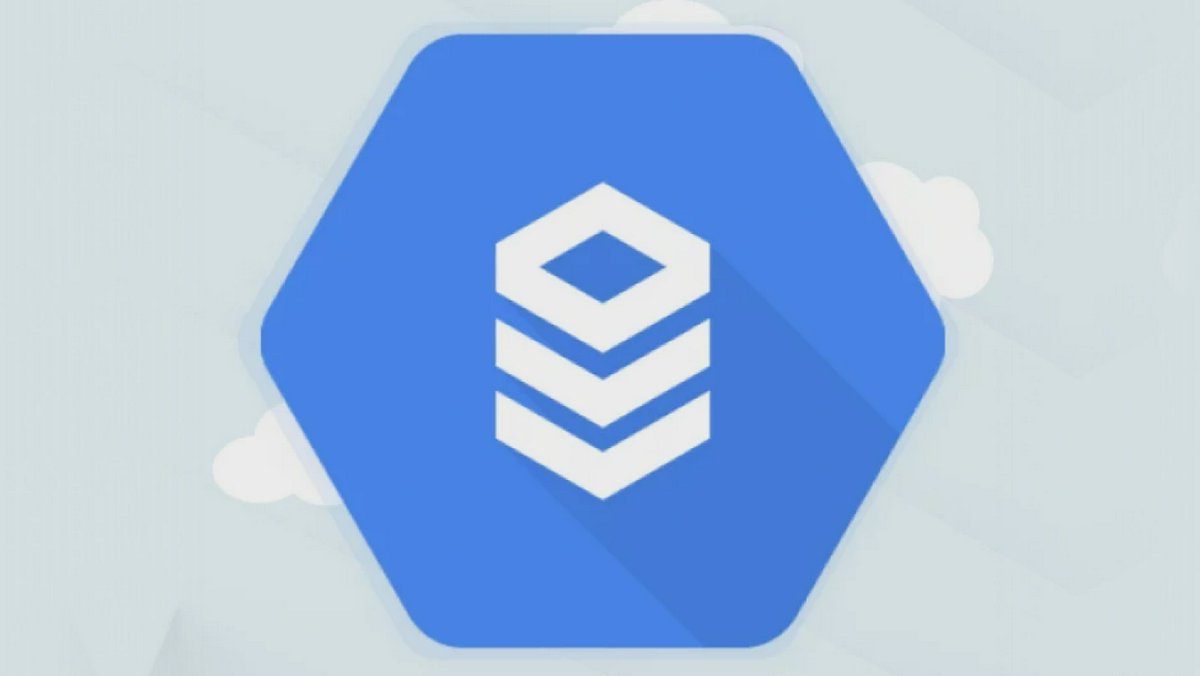 #10
#10
Google Cloud SQL
By Google Cloud Platform (GCP)
A fully managed relational database service for MySQL, PostgreSQL, and SQL Server on Google Cloud Platform.
Platforms & Use Cases
Platforms: Google Cloud Platform
Best For: Cloud-native Applications, Lift-and-shift Migrations, Web Backends, Managed Database Hosting
Key Features
- ✓Fully Managed: Automates backups, replication, patches, and updates.
- ✓Engine Support: Offers managed instances of MySQL, PostgreSQL, and SQL Server.
- ✓High Availability & Failover: Automatic failover to standby instances in another zone.
- ✓Scalability: Easy vertical scaling (machine type) and horizontal scaling via read replicas.
- ✓Integration: Integrates with other GCP services like App Engine, Compute Engine, Kubernetes Engine.
Scorecard (Overall: 8.0 / 10.0)
Pricing
Shared Core Machines
$9.00 / Monthly (Starts at)
- Cost-effective for development/small apps
Limitations: Lower performance guarantees
Standard Machines (vCPU)
$30.00 / Monthly (Starts at)
- Dedicated vCPUs, various sizes
Limitations: Pay for compute, storage, networking
High Availability
$60.00 / Monthly (Starts at, doubles compute cost)
- Automatic failover
Limitations: Higher cost for redundancy
Pros
- + Simplifies database operations on GCP
- + Supports major open-source and commercial engines
- + Good scalability and HA options
- + Integrates well within the Google Cloud ecosystem
- + Competitive pricing
Cons
- - Fewer engine options than AWS RDS
- - Potential vendor lock-in to GCP
- - Support quality perception varies
Verdict
"A strong managed database offering for users committed to Google Cloud, providing reliable and scalable instances of popular relational databases."
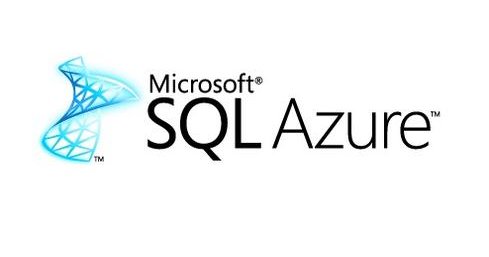 #9
#9
Azure SQL Database
By Microsoft Azure
A fully managed, intelligent relational database-as-a-service (DBaaS) built on Microsoft SQL Server engine.
Platforms & Use Cases
Platforms: Microsoft Azure Cloud
Best For: Cloud-native Applications, Modernizing SQL Server Apps, SaaS Applications, Managed Database Hosting
Key Features
- ✓Fully Managed: Automated updates, patching, backups, and monitoring.
- ✓Intelligent Performance: Built-in intelligence for performance tuning and threat detection.
- ✓Scalability: Multiple service tiers (DTU, vCore) for flexible compute/storage scaling; Hyperscale option.
- ✓High Availability: Built-in HA with SLA guarantees.
- ✓Security: Advanced Data Security, VNet integration, Azure Active Directory authentication.
Scorecard (Overall: 8.7 / 10.0)
Pricing
Basic (DTU)
$5.00 / Monthly
- Low-cost option for light workloads
Limitations: Limited performance/storage
Standard (DTU)
$15.00 / Monthly
- Balanced price-performance for typical apps
Limitations: Moderate limits
General Purpose (vCore)
$250.00 / Monthly (Starts at)
- Predictable performance, separate compute/storage
Limitations: Usage-based
Business Critical (vCore)
$1000.00 / Monthly (Starts at)
- Highest performance and availability for mission-critical apps
Limitations: Premium pricing
Hyperscale
$350.00 / Monthly (Starts at)
- Highly scalable storage (up to 100TB)
Limitations: Specific use cases
Pros
- + Excellent performance and scalability options
- + Reduces database management burden significantly
- + Strong security and compliance features
- + Seamless integration with Azure services
- + Based on familiar SQL Server engine
Cons
- - Can become expensive at higher tiers
- - Vendor lock-in to Azure
- - Some limitations compared to on-premise SQL Server Enterprise
Verdict
"A top-tier managed relational database service, particularly compelling for organizations utilizing the Azure cloud and SQL Server."
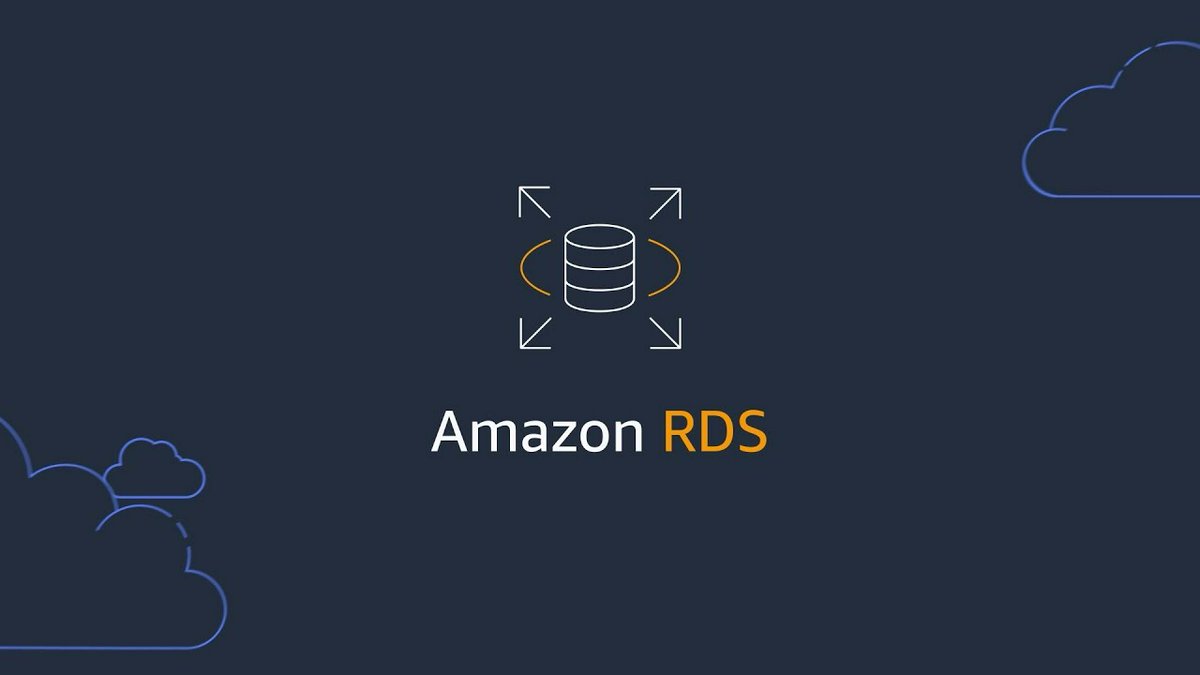 #8
#8
Amazon RDS (Relational Database Service)
By Amazon Web Services (AWS)
A managed relational database service offering automated patching, backups, scaling, and high availability for several database engines.
Platforms & Use Cases
Platforms: AWS Cloud
Best For: Cloud-native Applications, Migrated Enterprise Apps, Web Applications, Managed Database Hosting
Key Features
- ✓Managed Service: Automates time-consuming tasks like provisioning, patching, backup, recovery, and scaling.
- ✓Engine Choice: Supports MySQL, PostgreSQL, MariaDB, Oracle, SQL Server, and Amazon Aurora.
- ✓Scalability: Easy scaling of compute and storage resources; Read Replicas for read scaling.
- ✓High Availability: Multi-AZ deployments for automatic failover.
- ✓Security: Network isolation (VPC), encryption at rest and in transit.
Scorecard (Overall: 8.1 / 10.0)
Pricing
Free Tier
Contact Vendor
- Limited instance hours/storage for specific engines
Limitations: Time-limited, resource caps
On-Demand Instances
$15.00 / Hourly (Starts at)
- Pay per hour
- No long-term commitment
Limitations: Higher cost than reserved
Reserved Instances
$10.00 / Hourly (Effective, with 1 or 3 yr commitment)
- Significant discount over On-Demand
Limitations: Requires upfront commitment
Pros
- + Significantly reduces operational overhead
- + Easy to set up and scale
- + High availability options
- + Supports multiple popular database engines
- + Integrated with AWS ecosystem
Cons
- - Can be more expensive than self-hosting
- - Limited direct access to the underlying OS/instance
- - Potential vendor lock-in to AWS
Verdict
"An excellent managed database solution for users running applications in AWS, simplifying database administration and scaling."
 #7
#7
SQLite
By D. Richard Hipp
A C-language library that implements a small, fast, self-contained, high-reliability, full-featured, SQL database engine.
Platforms & Use Cases
Platforms: Cross-platform (Embedded in applications)
Best For: Mobile Applications, Desktop Applications, Embedded Systems, Website Caching, Data Analysis Tools
Key Features
- ✓Serverless: The database engine runs within the host application process.
- ✓Self-Contained: Requires no external dependencies or administration.
- ✓Transactional: ACID compliant, ensuring reliable operations.
- ✓Single File Database: Entire database stored in a single cross-platform disk file.
- ✓Public Domain: Code is freely available to use for any purpose.
Scorecard (Overall: 7.0 / 10.0)
Pricing
Public Domain
Contact Vendor
- Full source code
- Unrestricted use
Limitations: No formal support (community-driven)
Pros
- + Extremely lightweight and simple to use
- + Zero configuration needed
- + Reliable ACID transactions
- + Cross-platform
- + Completely free
Cons
- - Not suitable for high-concurrency client/server applications
- - Limited scalability (single writer at a time)
- - Fewer features than server-based RDBMS
Verdict
"The best choice for embedded databases in applications (mobile, desktop, IoT) or for simple storage needs where a full client-server database is overkill."
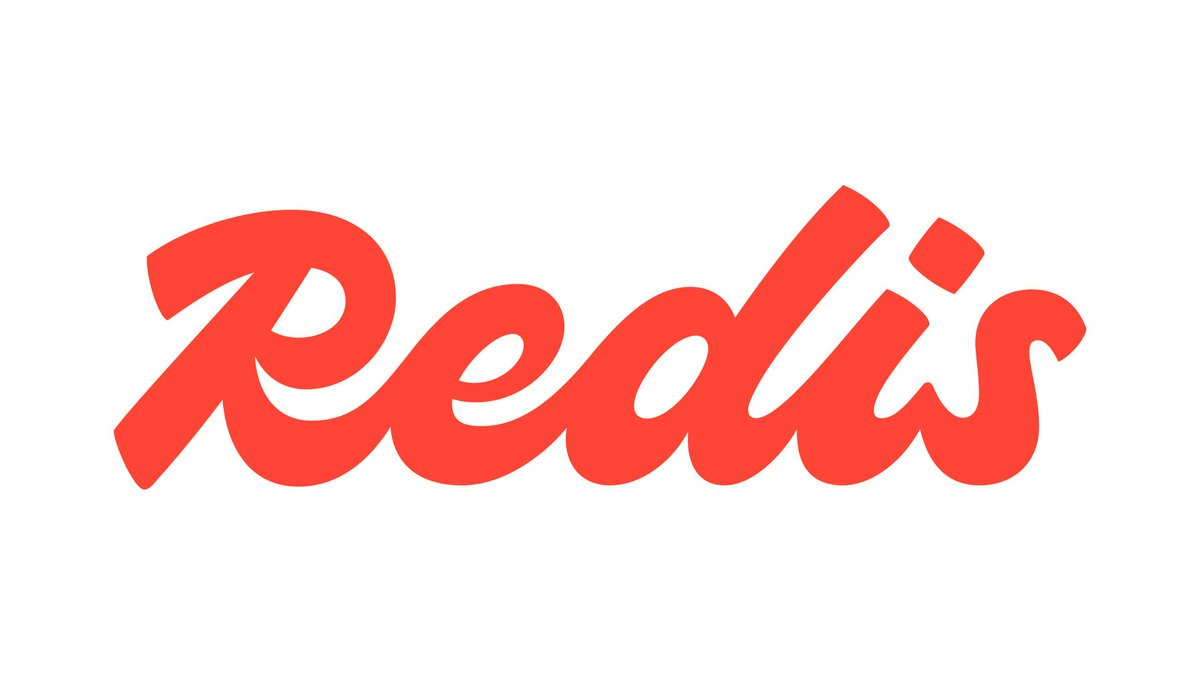 #6
#6
Redis
By Redis Ltd.
An open-source, in-memory data structure store, used as a database, cache, message broker, and streaming engine.
Platforms & Use Cases
Platforms: Linux, macOS, Windows (via WSL or ports)
Best For: Caching, Session Management, Real-time Leaderboards, Message Queuing, Rate Limiting
Key Features
- ✓In-Memory Speed: Extremely fast read and write operations by storing data primarily in RAM.
- ✓Data Structures: Supports strings, hashes, lists, sets, sorted sets, bitmaps, hyperloglogs, geospatial indexes, and streams.
- ✓Persistence: Optional disk persistence (RDB snapshots, AOF logging).
- ✓Replication & Clustering: Built-in master-slave replication and Redis Cluster for partitioning.
- ✓Pub/Sub: Built-in messaging system.
Scorecard (Overall: 8.0 / 10.0)
Pricing
Open Source
Contact Vendor
- Core Redis features
- Community support
Limitations: Self-managed
Redis Enterprise Cloud
Contact Vendor
- Managed service
- Basic HA
Limitations: Memory/connection limits
Redis Enterprise Cloud Pro
$7.00 / Monthly (Starts at, per DB)
- Higher availability
- Scalability
- Support
Limitations: Usage-based pricing
Redis Enterprise Software
$15000.00 / Annual (Estimated)
- Self-hosted/VPC
- Advanced features
- Enterprise support
Limitations: Contact sales
Pros
- + Blazing fast performance
- + Versatile data structures
- + Excellent for caching and real-time use cases
- + Simple commands
- + Good community support
Cons
- - Primarily RAM-bound, can be expensive at scale
- - Persistence options have trade-offs
- - Less suited as a primary database for complex relational data
Verdict
"Unbeatable performance for caching, session stores, and real-time data processing. A valuable addition to many application stacks."
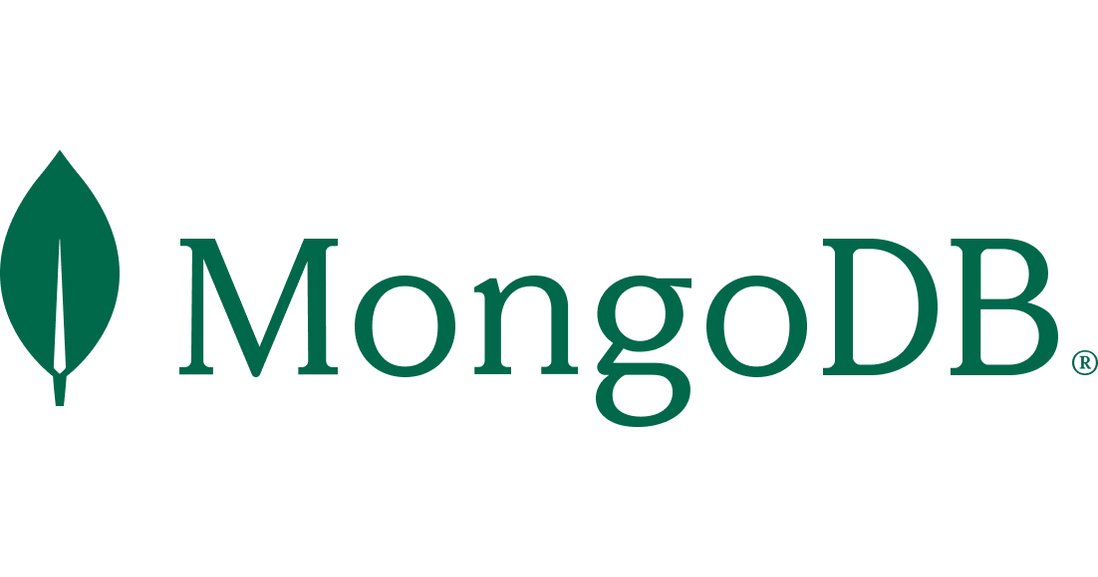 #5
#5
MongoDB
By MongoDB, Inc.
A popular source-available, cross-platform document-oriented NoSQL database program known for flexibility and scalability.
Platforms & Use Cases
Platforms: Linux, Windows, macOS
Best For: Big Data, Content Management, Mobile Apps, Real-time Analytics, IoT
Key Features
- ✓Flexible Schema: Document-based storage (BSON) allows for varied and evolving data structures.
- ✓Scalability: Horizontal scaling through sharding.
- ✓Rich Query Language: Supports ad-hoc queries, indexing, and real-time aggregation.
- ✓High Availability: Replica sets provide automatic failover and data redundancy.
- ✓Atlas Cloud Service: Fully managed global cloud database service.
Scorecard (Overall: 8.0 / 10.0)
Pricing
Community Server
Contact Vendor
- Core MongoDB features
- Community support
Limitations: Self-managed, Lacks enterprise security/management features
Atlas (Cloud)
Contact Vendor
- Shared clusters
- Basic features
Limitations: Storage/connection limits
Atlas Dedicated
$57.00 / Monthly (Starts at)
- Dedicated clusters
- Advanced security
- Global distribution
Limitations: Usage-based pricing
Enterprise Advanced
$10000.00 / Annual (Estimated)
- On-premise
- Advanced security, Ops Manager, Kubernetes integration, Commercial support
Limitations: Contact sales for pricing
Pros
- + Flexible data model facilitates rapid development
- + Excellent horizontal scalability
- + Rich querying capabilities for a NoSQL database
- + Popular with developers
- + Managed Atlas service is convenient
Cons
- - ACID compliance is more complex than traditional RDBMS (though improved)
- - Can consume significant memory
- - Potential for schema sprawl if not managed carefully
Verdict
"A leading NoSQL database ideal for applications requiring flexible data structures, high scalability, and rapid development cycles."
 #4
#4
Oracle Database
By Oracle Corporation
A leading enterprise-grade, multi-model database management system known for its scalability, performance, and comprehensive features.
Platforms & Use Cases
Platforms: Linux, Windows, Solaris, HP-UX, AIX
Best For: Large-Scale OLTP, Data Warehousing, Enterprise Applications, Mission-Critical Systems
Key Features
- ✓Scalability & Performance: Real Application Clusters (RAC) for high availability and scalability.
- ✓Security: Advanced Security Option (ASO), Database Vault, Label Security.
- ✓Multi-model: Supports relational, document (JSON), graph, spatial, and key-value data models.
- ✓Manageability: Enterprise Manager (OEM) for comprehensive administration.
- ✓High Availability: Data Guard for disaster recovery, RAC for fault tolerance.
Scorecard (Overall: 8.3 / 10.0)
Pricing
Express Edition (XE)
Contact Vendor
- Core relational features
Limitations: Resource constrained (CPU, RAM, DB size)
Standard Edition 2 (SE2)
$17500.00 / Processor License
- Full RDBMS features for mid-size applications
Limitations: Limited scalability (max 2 sockets)
Enterprise Edition (EE)
$47500.00 / Processor License
- All features and options (RAC, Partitioning, Advanced Security, etc.)
Limitations: Very expensive, complex licensing
Pros
- + Market leader in performance and scalability
- + Extremely comprehensive feature set
- + Robust security and high availability options
- + Supports multiple data models
Cons
- - Very high licensing and support costs
- - Complex to manage and configure
- - Aggressive licensing practices perceived by some
Verdict
"The gold standard for demanding, mission-critical enterprise applications where performance and features justify the high cost and complexity."
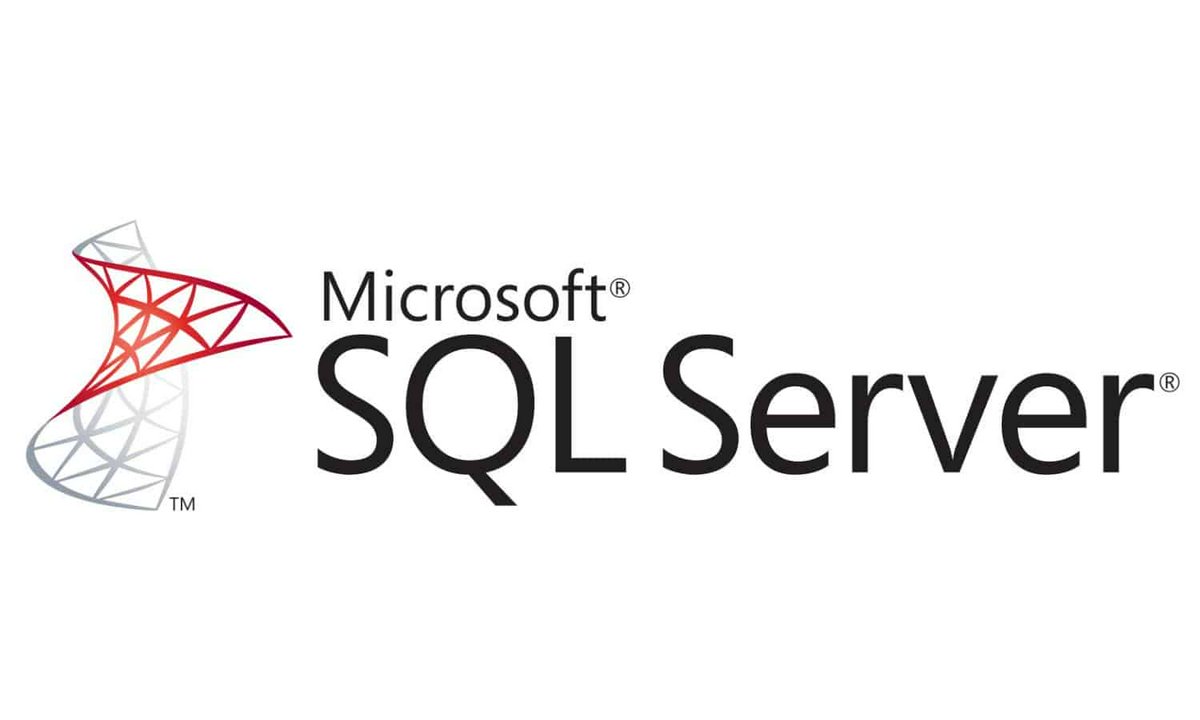 #3
#3
Microsoft SQL Server
By Microsoft
A comprehensive enterprise-level relational database management system offering strong performance, security, and business intelligence features.
Platforms & Use Cases
Platforms: Windows, Linux, Docker
Best For: Enterprise Applications, Business Intelligence, Data Warehousing, .NET Applications, Reporting
Key Features
- ✓Performance: In-memory OLTP and columnstore indexes for high-speed processing.
- ✓Security: Features like Always Encrypted, row-level security, and dynamic data masking.
- ✓Business Intelligence: Integrated SQL Server Reporting Services (SSRS) and Analysis Services (SSAS).
- ✓High Availability: Always On availability groups for disaster recovery and read scaling.
- ✓Hybrid Capabilities: Tools for stretching databases to Azure (Azure Arc enabled).
Scorecard (Overall: 8.3 / 10.0)
Pricing
Express
Contact Vendor
- Basic database engine
Limitations: Resource limits (CPU, memory, database size)
Standard
$3586.00 / Per 2 Cores
- Core database & BI capabilities
- HA options
Limitations: Fewer advanced features than Enterprise
Enterprise
$13748.00 / Per 2 Cores
- Full feature set
- Maximum performance, scalability, and availability
Limitations: Expensive
Pros
- + Excellent performance and scalability
- + Comprehensive feature set, especially for BI
- + Strong security features
- + Good integration with other Microsoft products
- + Available on Linux
Cons
- - High licensing costs for Standard and Enterprise editions
- - Can be complex to manage
- - Vendor lock-in potential
Verdict
"A powerful, feature-rich RDBMS ideal for enterprise environments, particularly those heavily invested in the Microsoft ecosystem, but comes at a significant cost."
 #2
#2
MySQL
By Oracle Corporation
A widely popular open-source relational database management system known for its speed, reliability, and ease of use.
Platforms & Use Cases
Platforms: Linux, Windows, macOS, BSD, Solaris
Best For: Web Databases (LAMP stack), E-commerce, Content Management Systems, Read-Heavy Applications
Key Features
- ✓High Performance: Optimized for read-heavy workloads and web applications.
- ✓Replication: Supports various replication setups for scalability and high availability.
- ✓Storage Engines: Pluggable storage engine architecture (InnoDB, MyISAM, etc.).
- ✓Ease of Use: Relatively simple installation and administration.
- ✓Mature Ecosystem: Large user community, extensive documentation, and third-party tools.
Scorecard (Overall: 8.3 / 10.0)
Pricing
Community Edition
Contact Vendor
- Core database features
- Community support
Limitations: Some advanced features (e.g., Thread Pool) only in commercial editions
Standard Edition
$2000.00 / Annual Subscription
- Includes technical support
- Monitoring tools
Limitations: Pricing per server
Enterprise Edition
$5000.00 / Annual Subscription
- Advanced features (Security, HA, Scalability)
- Oracle Premier Support
Limitations: Higher cost
Pros
- + Very popular, large community
- + Excellent performance for web workloads
- + Easy to learn and manage
- + Good replication options
- + Cost-effective (Community Edition)
Cons
- - Owned by Oracle, some concerns about future direction
- - Advanced features often require paid editions
- - Less feature-rich than PostgreSQL in some areas
Verdict
"A superb choice for web applications and general-purpose database needs, offering a great balance of performance, ease of use, and cost-effectiveness."
View Top Ranked Software
Watch a short ad to unlock the details for the #1 ranked software.
 #1
#1
PostgreSQL
By PostgreSQL Global Development Group
An advanced, open-source object-relational database system known for reliability, feature robustness, and standards compliance.
Platforms & Use Cases
Platforms: Linux, Windows, macOS, BSD, Solaris
Best For: Web Applications, Data Warehousing, Geospatial Data, Complex Queries, Transactional Systems
Key Features
- ✓ACID Compliance: Ensures reliable transaction processing.
- ✓Extensibility: Supports custom functions, data types, operators, and index methods.
- ✓MVCC: Multi-Version Concurrency Control for handling concurrent access.
- ✓JSON Support: Native support for storing and querying JSON data.
- ✓Advanced Indexing: Includes B-tree, Hash, GiST, SP-GiST, GIN, and BRIN indexes.
Scorecard (Overall: 8.7 / 10.0)
Pricing
Open Source
Contact Vendor
- Full feature set
- Community support
Limitations: Self-managed, Support depends on community or paid third-party vendors
Pros
- + Highly standards-compliant
- + Very extensible
- + Strong community support
- + Robust feature set
- + Free and open-source
Cons
- - Can be more complex to manage than simpler databases
- - Performance tuning can require expertise
Verdict
"Excellent all-around open-source relational database, particularly strong for complex applications needing reliability and extensibility."

Final Thoughts
The database management landscape offers diverse solutions, from powerful, traditional RDBMS like Oracle and SQL Server to flexible NoSQL options like MongoDB and high-speed caches like Redis. Open-source leaders PostgreSQL and MySQL provide excellent value and strong communities. Managed cloud services (RDS, Azure SQL, Cloud SQL) significantly reduce operational burden but introduce platform dependency. The best choice depends heavily on specific requirements for performance, scalability, data model flexibility, budget, and operational capacity.